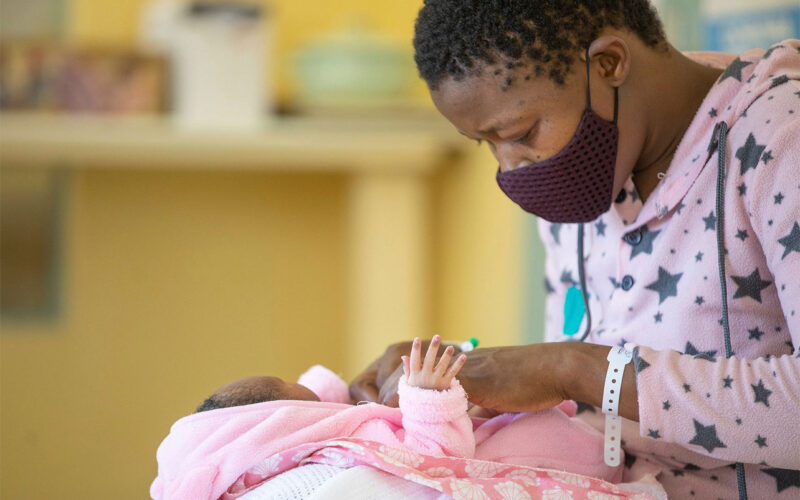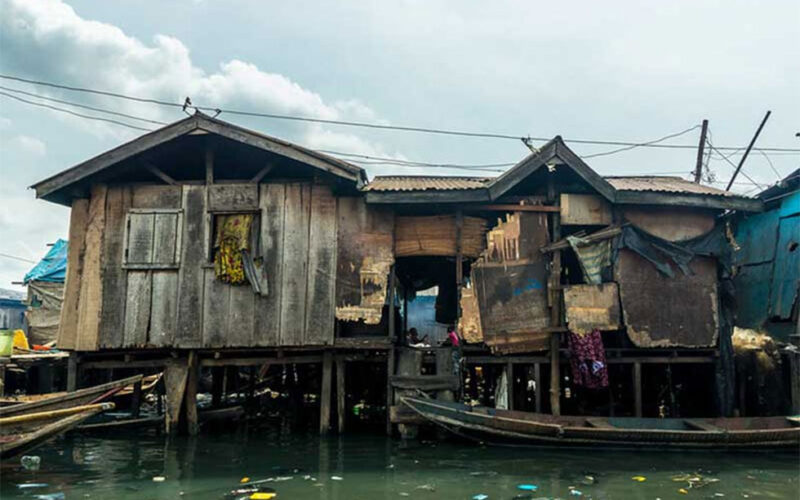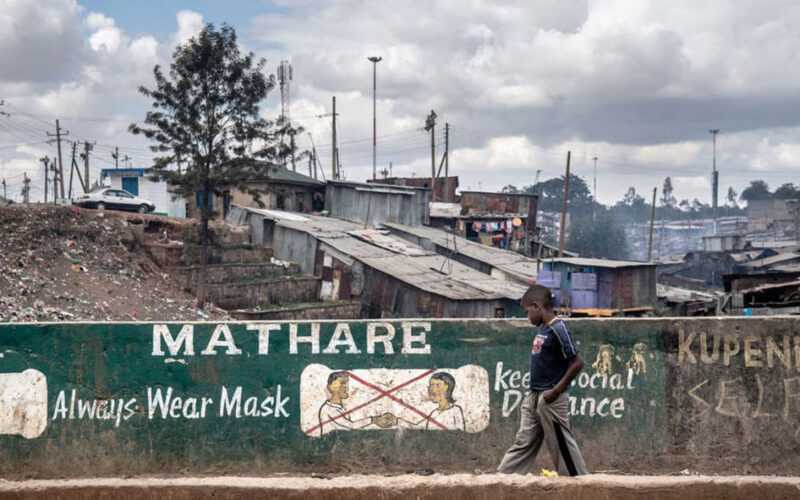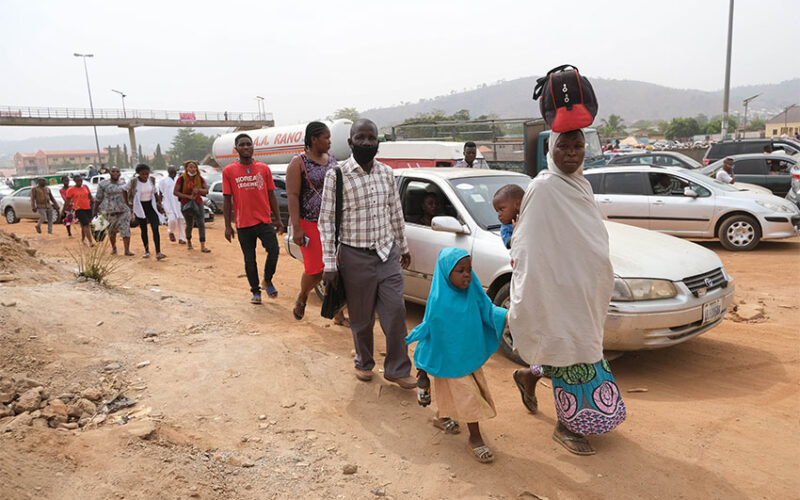
Lagos: drugs, firearms and youth unemployment are creating a lethal cocktail in Nigeria’s commercial capital
LAGOS is the most populous city in Africa and a regional economic giant, having West Africa’s busiest seaport. It is the centre of commercial and economic activities in Nigeria. The city’s population is estimated to be 20 million people. The existence of informal settlements makes it difficult to come up with a more precise number. ADEWUMI I. BADIORA, Senior Lecturer, Department of Urban and Regional Planning, Olabisi Onabanjo University Lagos has grown rapidly since Nigerian independence in 1960 when its estimated population was 763,000 people. In the 1980s, its population reached 2.7 million. The government of Lagos state estimates that…






